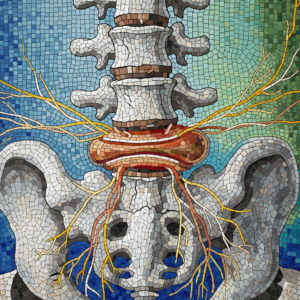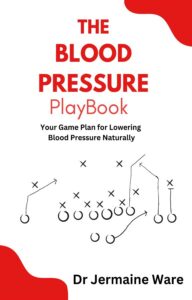Chiropractic for Headaches: The Natural Migraine Fix No One Talks About

Headaches are sneaky. They creep in during the workday, right before a big meeting, or just as you’re trying to relax with family. Sometimes it’s a dull throb behind your eyes. Other times it’s a full-blown migraine that sends you to a dark, quiet room for hours.
If you’re tired of popping pills just to get through the day, there’s good news: chiropractors are helping people find relief in a way most doctors never talk about.
Why So Many People Get Headaches
Headaches are one of the most common health complaints in Indianapolis — and stress, screens, and modern life only make them worse.
Common triggers include:
- Tension: Tight muscles in the neck and shoulders from stress or posture.
- Tech Neck: Hours on phones or computers straining the spine.
- Jaw clenching: Stress-related TMJ issues radiating pain upward.
- Spinal misalignments: Vertebrae out of position, irritating nerves and blood flow.
And here’s the kicker: you don’t always feel the cause in your neck — you just feel the pounding in your head.
Why Medication Falls Short
Most people reach for painkillers. Sure, they help for a few hours. But then the headache comes back. And if you’ve got migraines, medication often just takes the edge off — not the cause.
It’s like turning down the volume on the fire alarm without actually putting out the fire.
How Chiropractors Treat Headaches and Migraines
Here’s the natural fix most people don’t know about: chiropractic adjustments.
When your spine is aligned properly, pressure is taken off nerves and muscles that can trigger headaches. Blood flow improves, tension eases, and the body can finally relax.
Chiropractic care for headaches often includes:
- Gentle spinal adjustments to relieve pressure on nerves.
- Muscle release therapy for tight neck and shoulder muscles.
- Posture coaching to prevent “tech neck” headaches.
- Lifestyle tips (hydration, stretching, sleep habits) that keep headaches from coming back.
What Patients Experience
Many of my patients in Indianapolis, Carmel, and Fishers come in for back pain and tell me, “Oh, by the way, I’ve had headaches for years.”
Here’s what usually happens: after a few adjustments, they’re shocked to realize their headaches are less frequent, less intense, or gone altogether.
One college student I treated came in for tension headaches that hit every afternoon. With chiropractic adjustments and posture coaching, her headaches disappeared within weeks — and she stopped carrying painkillers in her backpack.
Why Chiropractic Works When Others Don’t
It’s simple: chiropractic looks at the root cause instead of just quieting the symptoms.
If your headaches come from spinal misalignments, tight muscles, or nerve irritation, medication will never fix the issue. Adjustments, on the other hand, restore balance so your body can function the way it’s supposed to.
The Choice Is Yours
If headaches or migraines are interrupting your life, don’t just mask them with pills.
A chiropractor for migraines and headaches in Indianapolis can help relieve the tension, restore alignment, and give you lasting relief.
Book an exam today. Because life’s too short to live with your head in constant pain.




 If you’re struggling with Irritable Bowel Syndrome (IBS), you already know the drill: unpredictable bathroom runs, embarrassing bloating, stomach cramps that come out of nowhere. Maybe you’ve even been told,
If you’re struggling with Irritable Bowel Syndrome (IBS), you already know the drill: unpredictable bathroom runs, embarrassing bloating, stomach cramps that come out of nowhere. Maybe you’ve even been told, 





